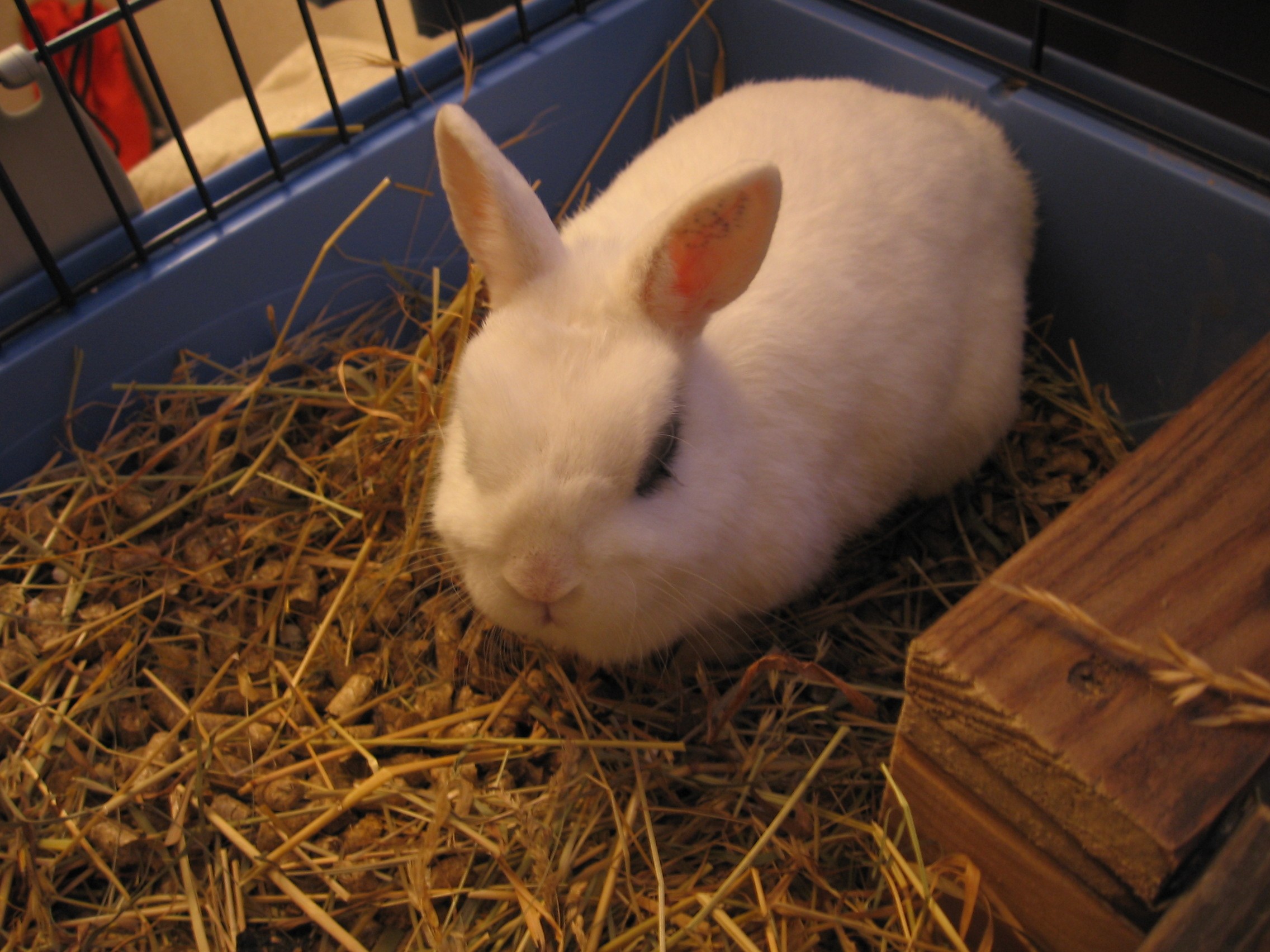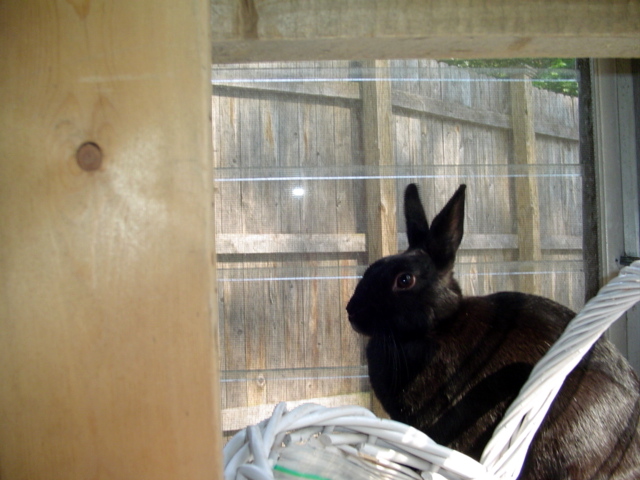In October, I was contacted by an individual through my contact form who identified themselves as sexually interested in children, wanting to know what my views were on paedophilia. It has taken several months to strike a balance between my belief in freedom of the individual and the need to protect young people from harm. The below is my reply. Even just reading through it now, I anticipate probably having to write a follow-up post to clarify a few things, so please leave a comment if you wish to get a response.
Before I receive any enquiries, I have reported people to CEOPS with full name, address and chat logs in the past to no effect. This person used an encrypted email address and did not leave a name. I do not know their location, gender, nationality, or anything at all identifiable about them other than that they are in their twenties and are fluent in English – that narrows it down to about 85% of all internet users.
Due to the nature of this post, I have decided against any “appropriate” images, and have gone with pictures of Netherland Dwarf rabbits instead. I apologise in advance to any confused Google searchers.
Hello,
I did receive your email but given its nature I decided to wait until I could sit down and write you a proper reply.
As I am sure you can gather from my blog, I have a very open-minded attitude to considering “issues”. I do believe, very firmly, in taking an evidence-based approach to everything which is currently clouded by moral judgments and media hysteria. You categorised those opinions as extreme [the sender referred specifically to drug policy and prostitution], but I don’t think there is anything extreme about suggesting that the past thirty years of spending hundreds of billions of pounds a year to encourage people (who are harming no-one but themselves) towards substances which could harm more than they would want or intend, or to lock up, punish, and in some case execute dealers who are supplying a demand in the same way as any other business that sells products that are unhealthy, to almost no effect in terms of suppressing the industry, might be worth a rethink. Similarly, suggesting that trying to prevent people from selling sex, as if sex was somehow any different from any other service involving their own labour that people may want to offer, and that people need to be protected from “being exploited” in a profession many freely choose (but that those who are forced into it should be handed criminal records, as if this will solve any of their problems), seems to me to be the height of sensiblility. And likewise, to prosecute those engaging in consensual incest behind closed doors can only be described as a hangover from another era, as far as I am concerned.

So when you write to me and ask me about my views on paedophilia, yes, I have an open-minded view on the subject. But if you are looking for encouragement regarding your sexual interest in children, you will not find it here. It is absolutely true that a lot of the public discourse around paedophilia is prompted by hysteria and a lack of evidence. One friend of mine demanded that all paedophiles should be locked up forever. I calculated that that would cost approximately £93 billion a year in the UK alone, which is hardly practical, not to mention cruel. It’s not, after all, the fault of anyone to be sexually interested in children; indeed that reason that figure is so high is because something like 5% of the adult male population has sexual thoughts about children from time to time.1 But there is of course a difference between having a sexual thought about a child and seeking to have a sexual encounter with them.
The argument that “these feelings are ok, as long as you don’t act on them”, is obviously something that I am aware was, and is, also used on people who have same-sex attractions. I acknowledge that people that say that stuff do think of people who are gay and people who are paedophiles to be in the exact same category. But, as I’m sure you will have guessed, the issue for me is one of consent. We know that most adults can consent to sex. But I am not convinced by any evidence that children have the capacity to make an informed decision about sex. You said in your email to me that “nobody has evidence that sex causes harm” – every rape case in history would immediately disprove that, though I know that’s not what you meant. But sex with children isn’t the gesture of love that NAMBLA makes out to be. I wouldn’t want my kids to take drugs, I don’t want them to be going off and having sex. That’s not because I view either activity as inherently despicable, but because children are developing human beings, and both drugs and sex have the capacity to warp them in ways that would not happen to (most) adults.

Though that do I mean when I say “kids”? I think the age of consent is entirely meaningless as a concept. It was introduced in the Victorian era in Britain in order to protect child prostitutes (it was originally set at 13) and has since evolved to mean that a consenting fifteen year old, of whom I have known many, is supposed to abstain at risk of having their partner prosecuted for statutory rape. That’s ridiculous. All laws based on arbitrary cut-off ages are ridiculous. But the question then becomes, how does one legislate to protect the fifteen year old, the fourteen year old, the twelve year old, even, who knows exactly what, or whom, they are getting into and welcome it, and the thirteen year old who feels pressured into sex against their own judgement, but doesn’t have the maturity or the power to say no?

My preferred legal system is one where sex between consenting parties is legal but unequal power sexual relationships are not allowed. There are 12 year olds that can consent to sex, and there are many that can’t. A 12 year old who has a fumble with a 13 year old in the wendy house is an entirely different matter to an altar boy being coerced into sex by a priest. A 13 year old having consensual sex with her 20 year old sister seems to me to be no matter of state; a relationship between a father and his daughter seems abusive. We create laws that are fixed and rigid in an attempt to deal with such a grey issue as sexuality and consent, but when such laws become more harmful than helpful, they must be changed. How you can legislate for this, I really don’t know, but I recognise and acknowledge with you that the current system is inadequate.
However, I find your reference to the term “child-lover” rather worrying. In my experience people who use such terms intend them as a euphemism for things which cannot be described as loving. When I read about the man who spanked his daughter on request of another paedophile he met on the internet, in return for footage of that man’s son being abused, I cannot help but think that sometimes abstract intellectual musings are irrelevant in the face of such violence and exploitation. While I stand by all that I have written above, I must conclude that my position rather changes once someone shifts from fetishising children to seeking to hurt them, whether they believe they are “loving” them or not.
I have spent considerable time writing this reply, and I hope that it gives you the level of intellectual engagement that you were seeking; If you would like to email me back, I shall respond accordingly.
Yours faithfully,
Sarah McCulloch
Subscribe to SarahMcCulloch.com via Email! (or via RSS!)
I was interested in what you had to say about ‘unequal power sexual relationships’ – can you clarify this? Is there not always an element of unbalance of power when, for example, one partner is physically or psychologically stronger and therefore able to abuse that power (whether or not they choose to do so)?
You are right, Katherine, but I think there’s a difference between being stronger than someone and being inherently in a position of power over them. Every person, in theory, can get things out of their partner, be that emotional, economic, whatever – the give and take results in a balanced relationship over time. Where this isn’t the case, I think many people would call that relationship abusive or exploitative.
But when you’re looking at things like a teacher/student, a priest/deacon, a sergeant/cadet, I don’t think that balance can ever be equalised. One side will always have the power to control you if they want to, and to have that power enforced by your community. That doesn’t seem like a good idea.
“A 13 year old having consensual sex with her 20 year old sister seems to me to be no matter of state; a relationship between a father and his daughter seems abusive.”
While I see nothing inherrently wrong with incest, and think that there are thirteen year olds which have the maturity to reasonably consent to sex (although I do think they’re in the minority) this is an idea which I do not agree with.
The sister is an adult who is in a position of trust and authority with the child, and is still at the point where they can leave home, while the child does not have that freedom. It would be a very unusual situation for the thirteen year old to proposition their sister without any encouragement whatsoever, and any encouragement would, in my mind fall into the category of cohersion.
Hey Ollie,
when I originally wrote this article, the wording was “A 20 year old having consensual sex with her 13 year old sister seems to me to be no matter of state” – reading it back through I realised that I appeared to be supporting sexual contact initiated by 20 year olds with 13 year olds. Such an age gap producing a balanced power relationship is low, but possible – someone I knew when I was in high school was 12 years old when she got into a sexual relationship with an 18 year old. She happily stayed with him for another seven years. However, such situations are pretty rare and so I changed round the wording to talk about something “safer”.
I don’t think that whether someone has the power to leave home or not is an issue (and there are many twenty year olds who are not, by virtue of their culture or financial situation, able to leave home), but you raise a good point about the child concerned being taught to look up to their siblings as authority figures. But again, I do not have answer for how to deal with that.
I guess the easiest thing to do would be if everyone could talk about their sexuality and sexual relationships without fear and get input from the people who know them about what is best – but I don’t suppose that world is approaching any time soon…